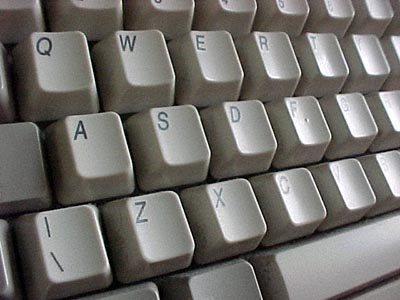
 Finally! Numerical Algorithms in PL/I, from Robin Vowels.
Robin has given permission for Team PL/I to host his extensive collections
of algorithms.
Finally! Numerical Algorithms in PL/I, from Robin Vowels.
Robin has given permission for Team PL/I to host his extensive collections
of algorithms.
Long considered strictly a mainframe language, PL/I is now the focus of renewed interest, particularly in view of its acknowledged security advantages over C. New compilers are available or under development on a range of platforms, and software is being ported to PL/I.
| Search this site: |
|
|
| Hugh Gleaves has released the source for his Subset-G compiler for Windows-NT and above. | |
| IBM offers downloads, sample code, and PL/I manuals in Adobe PDF format. | |
| The PL1GCC project at SourceForge is developing a PL/I front-end for the open-source Gnu Compiler Collection (gcc). | |
| CBTTAPE.ORG maintains the SHARE PL/I modifications library. | |
| Rosetta Code PL/I over 400 examples of various PL/I solutions for various tasks. | |
| The VM Workshop maintains a tools archive with some PL/I-related material. | |
|
UK GUIDE PL/I library.
| |
| Detailed comparison of PL/I and C by Eberhard Sturm. | |
| "Teaching the Fatal Disease (or) Introductory Computer Programming Using PL/I" by Richard C. Holt | |
| Multicians.org presents information on the history and features of the PL/I compilers used to build the Multics Operating System. | |
| MIT Information on the Multics operating system including full source in PL/I. | |
| PL/I Bulletins, 1966-1969. | |
| Suggest a link. |
 Cited in "Surfing the Net for software engineering notes",
ACM SIGSOFT Software Engineering Notes 29(2) March, 2004, 17-26.
Cited in "Surfing the Net for software engineering notes",
ACM SIGSOFT Software Engineering Notes 29(2) March, 2004, 17-26.
Some graphics courtesy of Elated Communications